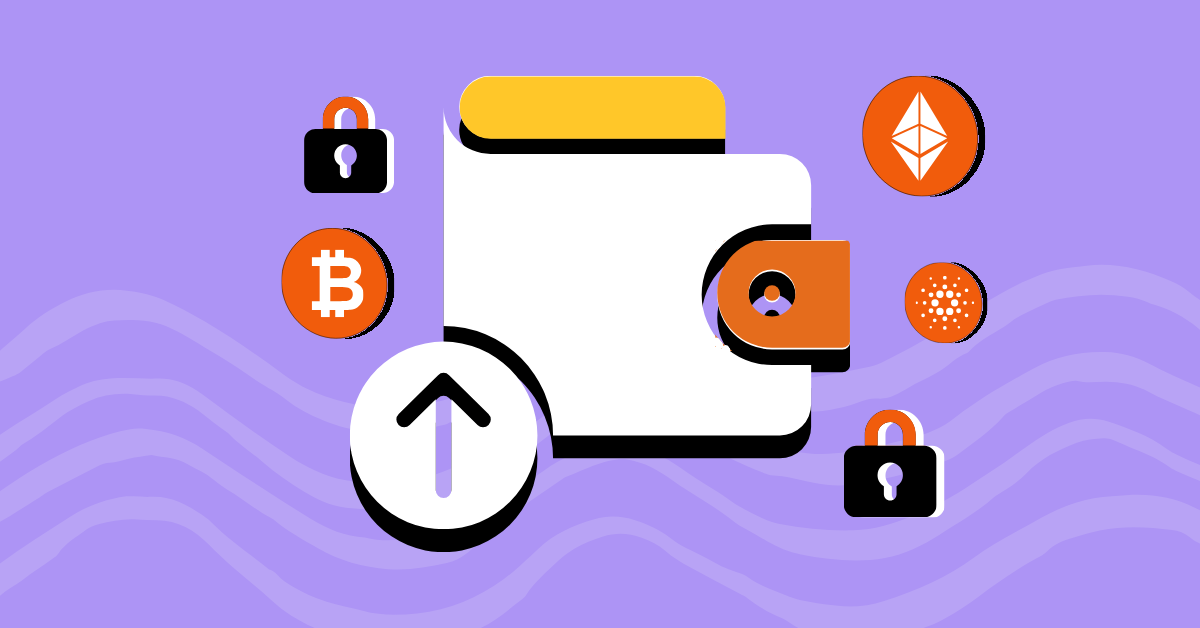
Imagine waking up one morning, checking your crypto wallet, and seeing that all your funds are gone. Just like that. No trace, no refunds, no customer service to call. This isn’t just a nightmare—it’s a reality for many people who don’t take security seriously.
Crypto hacks are more common than you think. Billions of dollars have been stolen from exchanges, wallets, and individuals. The good news? You can take steps to protect yourself. Let’s dive into how you can keep your digital assets safe.
Short answer? Yes and no.
Cryptocurrency itself—Bitcoin, Ethereum, and others—is built on blockchain technology, which is super secure. The blockchain is decentralized, meaning no single person or company controls it. This makes hacking the network nearly impossible.
But here’s the catch: hackers don’t target the blockchain. They target you.
They use phishing scams, malware, and even social engineering tricks to steal your private keys or login details. Once they have that, your funds are as good as gone.
So, while the technology is secure, your security depends on how well you protect your assets.
Let’s break down the biggest threats:
Ever received an email that looks like it’s from your exchange, asking you to log in? That’s phishing. Scammers create fake websites that look real to steal your login info.
Example: You get an email from “Binance” saying there’s a problem with your account. You click the link, enter your details, and boom—hackers now have access.
Hackers can install software on your device that records everything you type—including your private keys or passwords.
Example: You download a “crypto price tracker” app. But in the background, it’s stealing your data.
Ever heard of SIM swap attacks? Hackers convince your phone provider to transfer your number to their SIM card. Once they have control, they can bypass two-factor authentication (2FA) and reset your passwords.
Example: You try to log in to your exchange but realize your phone number no longer works. Too late—your funds are already gone.
Logging into your crypto accounts on public Wi-Fi is like giving hackers an open invitation.
Example: You check your crypto balance at a coffee shop. A hacker on the same network intercepts your login details.
This is the golden question. Where should you store your crypto to keep it safe from hackers?
A hardware wallet (like a Ledger or Trezor) is your best bet. It keeps your private keys offline, meaning hackers can’t steal them remotely.
Example: If someone hacks your computer, they still can’t access your funds because your private keys are stored on a separate, offline device.
Leaving your crypto on an exchange is risky. Exchanges get hacked. If you don’t control your private keys, you don’t control your crypto.
Example: Mt. Gox, FTX, and other major exchanges have collapsed, taking people’s funds with them. Don’t let that happen to you.
Now that you know the risks, here’s exactly how to protect your funds.
Even with all precautions, things can go wrong. Here’s what to do if you get hacked:
Crypto is the future of money, but with great opportunity comes great risk. Hackers are always looking for ways to steal your funds. Don’t make it easy for them.
By following these steps—using a hardware wallet, enabling 2FA, securing your private keys, and staying alert—you can protect yourself. Remember, in crypto, security is your responsibility.Stay safe out there. And always, not your keys, not your crypto!
Cryptocurrency uses blockchain, encryption, and private keys for security, but users must protect wallets, private keys, and avoid scams to stay safe.
The security framework includes blockchain encryption, private keys, two-factor authentication (2FA), and cold storage for protecting digital assets.
Use a hardware wallet, enable 2FA, avoid phishing scams, never share your private key, and update your software regularly to prevent hacks.
Phishing scams, malware, exchange hacks, and SIM swap attacks are major threats. Strong passwords, 2FA, and offline storage help mitigate risks.
Following the latest rebound in Bitcoin and Ethereum, Cardano's price has also staged a modest…
BRICS nations, including Brazil, Russia, India, China, South Africa, and many other nations, have publicly…
Bitcoin is trading sideways around $68,000, stuck in a $65K-$72K range since early February. Outflows…
Retail crypto investors are increasingly moving beyond the largest cryptocurrencies and building long-term positions in…
The Bitcoin price is hovering in a range of $60K to $70K and quietly sketching…
Story Highlights The live price of the Cardano token is . Price prediction suggests potential…